Operative otolaryngology

specialists

equipment

treatment
Benefits of minimally invasive ENT surgeries
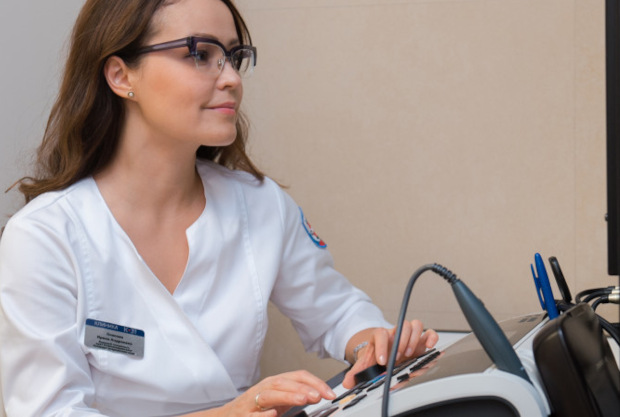
In the ENT surgical department of the K+31 clinic in Moscow, all types of operations are performed. Specialists predominantly use minimally invasive techniques to significantly reduce the operation time and the patient’s recovery period, minimizing the risk of complications.
Advantages of minimally invasive ENT surgery:
- Reducing injuries
- Pain reduction
- Absence of rough extensive postoperative scars
- Good aesthetic effect
- The risk of bleeding and infection is reduced to zero
- Reducing the patient’s inpatient stay
- Fast post-operative recovery
For operations in the nose, ear, nasopharynx, sinuses, and throat, an expert-class endoscopic system with optics is used that allows detailed visualization of the intervention site. For a detailed examination of tissues, a special ENT microscope is used.
Indications for operations in otolaryngology
Indications for surgical intervention can be emergency or planned, it depends on the type of pathology and the patient’s condition.
Emergency surgical otorhinolaryngology
Emergency surgical otorhinolaryngology can be used for:
- Purulent inflammation of the middle ear
- Abscesses of the ENT organs (retropharyngeal abscess)
- Tumors, polyps on the vocal folds
- Foreign body in the ear, nose, throat
- Damage to the nasal septum
- Injury to the ear, eardrum
- Sinusitis, sinusitis with fluid or pus in the sinuses
Planned ENT surgeries
Planned ENT operations are performed in the following cases:
- Chronic tonsillitis (tonsillectomy)
- Cysts, polyps in the sinuses
- Synechia (overgrowth of connective tissue, adhesions) in the nasal cavity
- Vasomotor rhinitis
- Parotid fistula
- Obliteration of the ear canals
- Deviated nasal septum
- Adenoids
- Snoring and apnea
- Tear duct obstruction
- New growths of ENT organs, etc.
Reconstructive pediatric and adult ENT surgery
Reconstructive pediatric and adult ENT surgery treats:
- Deformations of the ears (treatment of protruding ears)
- Congenital absence of ears
- Cleft palate, cleft lip
- Atresia of the auditory canal
ENT surgeons also install a cochlear implant to correct hearing loss.
General information about ENT operations
ENT surgeries at the K+31 clinic in Moscow
The advanced level of technical equipment of the clinics of the multidisciplinary medical center “K+31” (Moscow) allows you to perform all types of operations on the ENT organs for adults and children. Our experienced specialists adhere to the principles of evidence-based medicine and prescribe only those diagnostic and therapeutic methods that have been clinically tested and shown to be most effective. Each patient is individually assigned a diagnostic and treatment program, which includes only the necessary procedures and measures.
Conditions for obtaining the best results in ENT surgical practice:
- Expert class equipment: endoscopes, radio wave units, laser devices
- Good opportunities for outpatient and inpatient treatment
- Diagnostic department and laboratory, allowing you to undergo a complete examination in one day
- Comfortable conditions for placing patients in a 24-hour hospital
- Possibility to call an ENT doctor at home
- Full cycle of treatment with professional medical support: from outpatient consultations to the end of the rehabilitation period with full recovery
- High-tech operations even in the most difficult cases with high-quality results
- Close interdisciplinary interaction between the clinic’s doctors allows treatment to be carried out with the participation of specialized specialists. If necessary, patients are consulted and managed by an otoneurologist, phoniatrist, audiologist, dacryologist, maxillofacial surgeon, neurologist, dentist
- Democratic prices, convenient forms of payment and only necessary doctor’s appointments make the high-quality medical services of the K+31 clinic accessible to everyone
Conservative and operative otorhinolaryngology at the Center is represented by a team of ENT doctors of a high professional level. Modern operations on the ENT organs not only eliminate disease or defects, but also improve the quality of life of our patients.
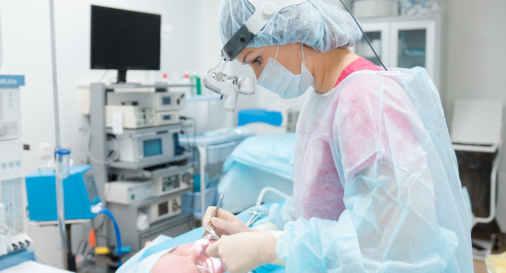
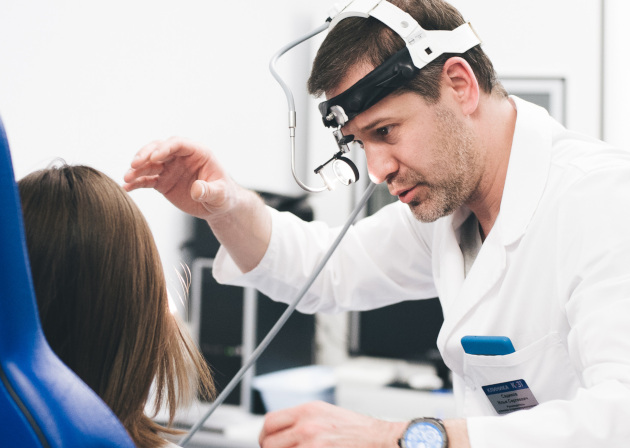
How is an appointment with an otolaryngologist at K+31?
Our doctors

This award is given to clinics with the highest ratings according to user ratings, a large number of requests from this site, and in the absence of critical violations.

This award is given to clinics with the highest ratings according to user ratings. It means that the place is known, loved, and definitely worth visiting.

The ProDoctors portal collected 500 thousand reviews, compiled a rating of doctors based on them and awarded the best. We are proud that our doctors are among those awarded.
Make an appointment at a convenient time on the nearest date
Price
Other services


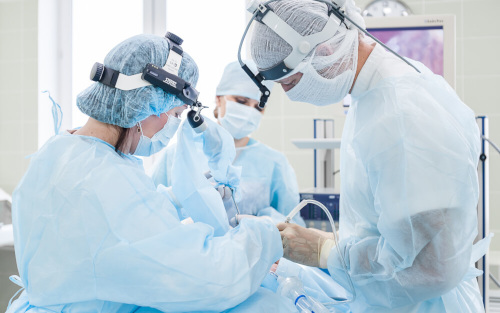

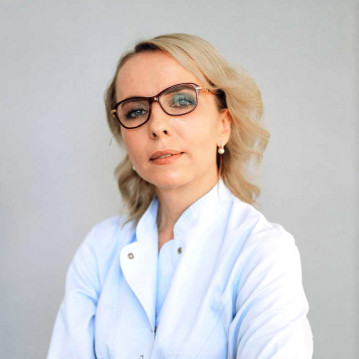
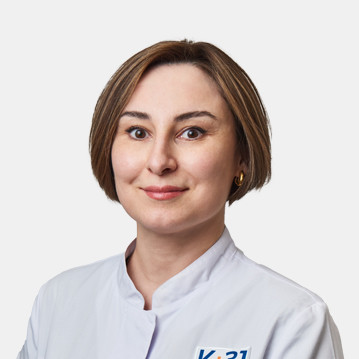
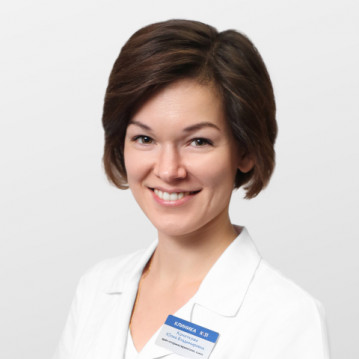

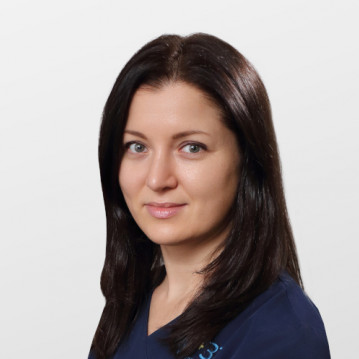
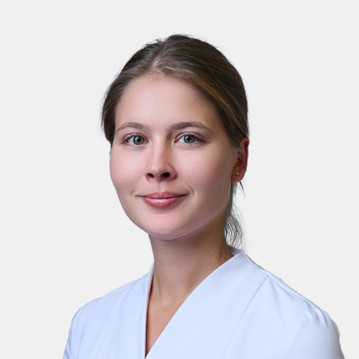
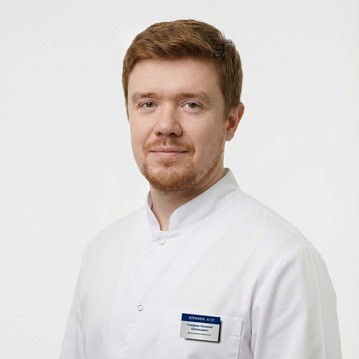
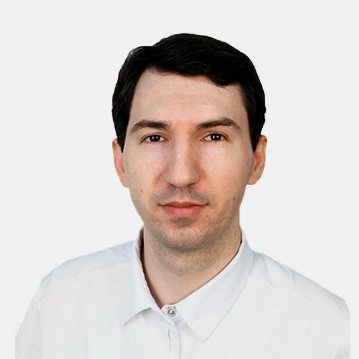
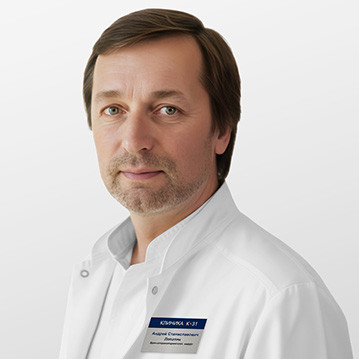
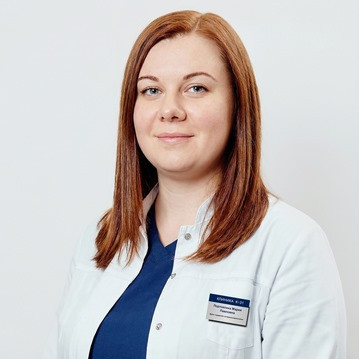
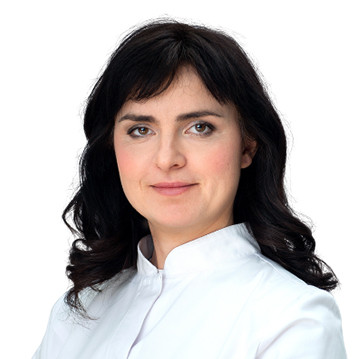

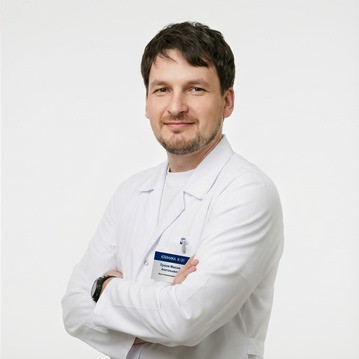
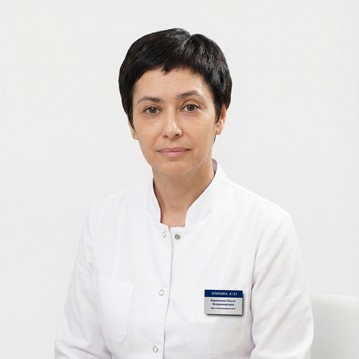
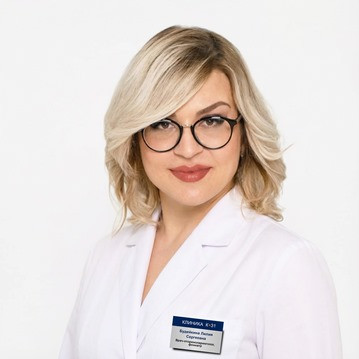
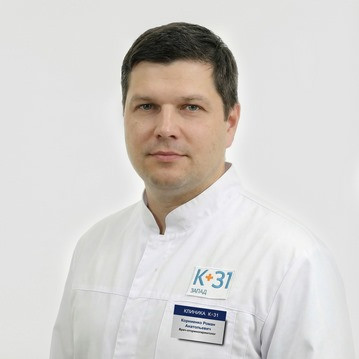
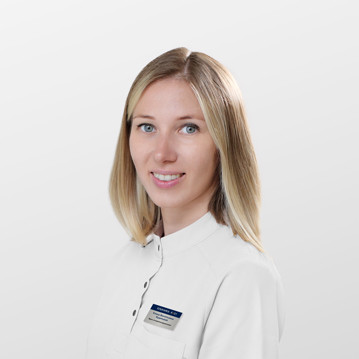
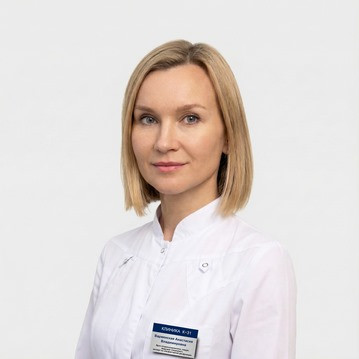
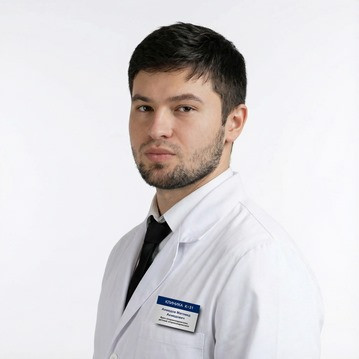

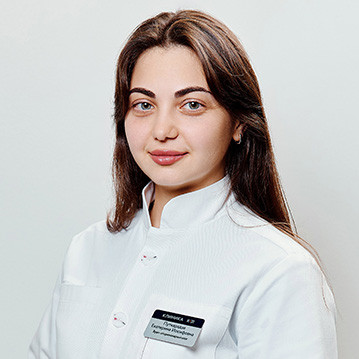
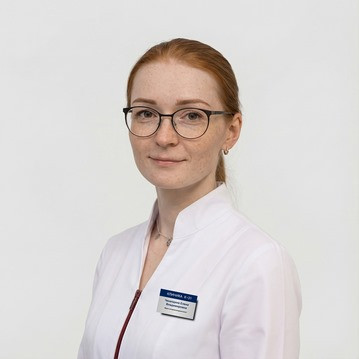
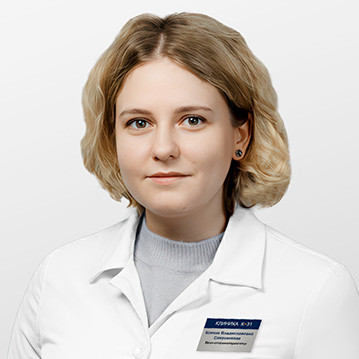
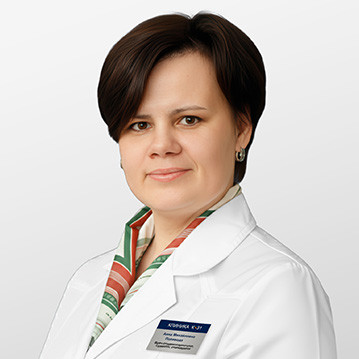
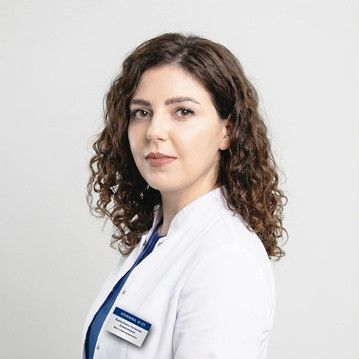
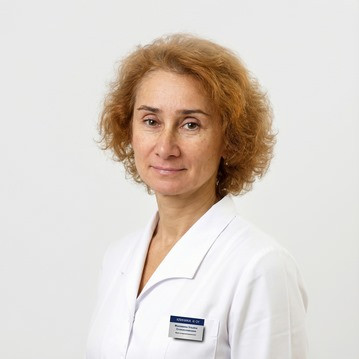
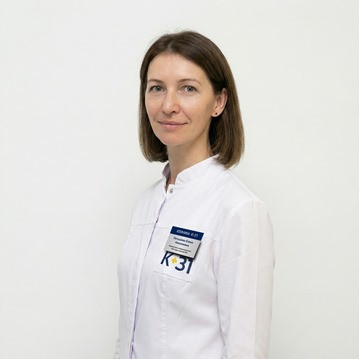
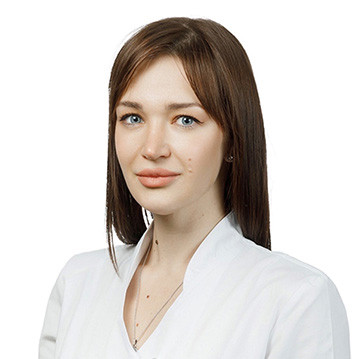







Types of surgical techniques in the ENT industry
Modern surgical otorhinolaryngology uses both classical and modern approaches to performing operations on the ENT organs and adjacent structures. However, traditional types of open operations are used only for extensive tissue damage, massive tumor formations or a large area of spread of the pathological process.
In other cases, ENT surgeons prefer to use minimally invasive and microinvasive techniques based on the following techniques:
Depending on the type of surgery performed, different types of anesthesia are used. This may include local applications, tampons, anesthetic injections, and preoperative sedative therapy. If a long, extensive intervention is necessary, general anesthesia is prescribed.